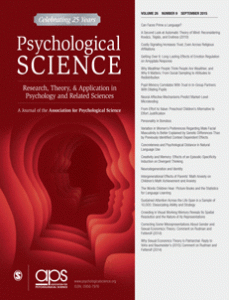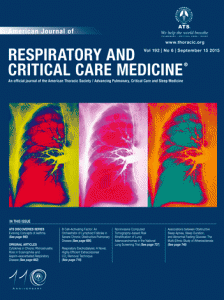 After receiving additional data from the government, an activist group has retracted an analysis that suggested energy companies were not taking steps to cut back on a controversial practice.
After receiving additional data from the government, an activist group has retracted an analysis that suggested energy companies were not taking steps to cut back on a controversial practice.
The Bakken analysis — named for North Dakota’s gigantic underground deposit of oil and natural gas — was published by the Environmental Law and Policy Center (ELPC). It focused on a practice known as “gas flaring” — burning natural gas instead of using or selling it. The analysis, released last month, found that hundreds of wells in North Dakota had not filed the necessary plans for saving excess gas produced in the course of extracting oil from wells. But after the Department of Mineral Resources provided more data — we’re not sure what kind of data, specifically — the ELPC retracted that conclusion.
The group posted the retraction notice on September 25, just four days after they presented the analysis at a news conference. It states why their recent evaluation of companies’ plans to capture excess gas might be wrong — and what they’re doing next:
Continue reading Activist group retracts warnings about midwest oil wells


 We have discovered several errata for a New York City urologist, including in one paper that previously
We have discovered several errata for a New York City urologist, including in one paper that previously 




